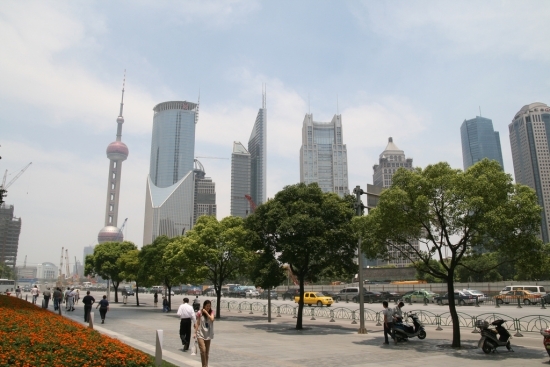The Chinese government has confirmed it may well extend its planned property register to include commercial real estate as a way of cracking down on fraud and internal corruption.

Tracking property ownership and keeping a record of sales is seen as one way of taming a property sector that threatens to price many Chinese out of the housing market. It would also allow Beijing to impose a western-style national property tax for the first time.
But many Sino-watchers are claiming the plans are simply an “experimental blue print” to allow a crackdown on government officials and others who buy and own multiple properties and commercial sites despite restrictions on ownership.
“This is a tough task,” said Xu Deming, a vice minister of land and resources. “China has to carry this out to safeguard the interests of the public and to ensure sustainable economic growth.”
Corruption within the Chinese real estate sector has become a serious and prevalent issue and is partly blamed on the decision to include local officials at every stage of the development and building process.
Bribery is common, with “corrupt practices in the building industry endangering lives and costing honest businesses millions” a government spokesman said recently.
There are currently numerous unlinked local registers and systems, making it difficult to determine who owns what. The State Council, the country’s cabinet, recently announced that property registration, previously supervised by nine separate government departments, would be combined into a single system overseen by the Ministry of Land and Resources.
The eventual rolling out of a national tracking system would make the introduction of a property tax easier and provide a way to rein in property speculation and keep the already large gap between rich and poor from widening. Analysts say that a property tax would also address the issue of empty properties being kept off the market and give the owners of vacant properties more incentive to rent them out.
The problem is particularly bad in Shanghai where a corruption inquiry among local communist leaders has now been extended to include major real estate companies. A task force set up by the Central Commission for Discipline Inspection has already detained three property company executives for questioning and more than ten leading real estate developers have been ordered to “assist the investigation”.
Among the government-backed developers in its sights is the New Huangpu Group, which controls New Huangpu Real Estate, a company involved in a number of construction projects related to Shanghai’s hosting of the World Expo in 2010. The Shanghai task force is also investigating the granting of illegal building permits.
As part of its case for a national property register Beijing is claiming that incidents of corruption would come to light almost immediately instead of government officials relying on “unrest and protests” to highlight fraud. A comment linked in state media to the case of two high-ranking party officials in Henan province disciplined for authorising the seizure of nearly 1,000 hectares of farmland for commercial development.